UN Security Council expresses concern about rights violations in Ethiopia's Tigray
The United Nations Security Council has for the first time expressed “deep concern” about allegations of human rights violations in Ethiopia’s northern region of Tigray.
In its first public statement on the conflict in the Ethiopian region, the 15-member Council said on Thursday that it was concerned “about allegations of human rights violations and abuses, including reports of sexual violence against women and girls in the Tigray region.”
The statement, drafted by Ireland, “called for investigations to find those responsible and bring them to justice.”
The Council has been briefed on the Tigray conflict five times privately since fighting erupted between Ethiopian government forces and the local Tigray People’s Liberation Front (TPLF) in November last year.
The conflict started after Ethiopian Prime Minister Abiy Ahmed sent troops into the region as part of a retaliatory response to alleged attacks on the military. The dissident ruling party of TPLF was overthrown.
The Council finally released the statement a week after UN aid chief Mark Lowcock warned of a humanitarian crisis in the conflict-hit region.
Lowcock said the humanitarian crisis had deteriorated in Tigray with challenges to aid access, and people were dying of hunger. He also said there were many reports of “gang rape, with multiple men assaulting the victim; in some cases, women have been repeatedly raped over a period of days.” Girls as young as eight were targeted, he said.
Ethiopia’s mission to the UN, however, defended the “law enforcement operation in Ethiopia,” which it described as “an internal affair regulated by the laws of the country, including human rights laws.”
It said on Thursday that the African country had committed to investigating and ensuring accountability for violations of human rights, including sexual violence.
It also claimed that Ethiopia was providing humanitarian aid to Tigray.
Nevertheless, reports say millions of people face starvation in the region.
According to the UN’s Integrated Food Security Phase Classification (IPC), people in central and eastern Tigray are facing “crisis” or “emergency” levels of hunger, which means many are suffering from acute malnutrition.
The next and final phase on the IPC scale is “famine,” marked by an extreme lack of food, resulting in starvation and death.
The conflict has killed thousands of people and forced hundreds of thousands to flee the region of about five million.
Eritrean troops have been involved in the conflict as well.
After months of flatly denying the presence of Eritrean troops in the region, Ethiopia recently acknowledged their involvement but claimed earlier this month that the foreign forces had “started to evacuate.”
Lowcock said on Thursday however that the UN had not seen any proof of such a withdrawal.
Last month, the Ethiopian Human Rights Commission (EHRC) said in a report that Eritrean troops had committed “grave violations of human rights” in Tigray, including the killing of over 100 civilians in November 2020.
The commission called for “a comprehensive investigation into (the) overall human rights situation in Tigray region” as these atrocities “may amount to crimes against humanity or war crimes.”
The Security Council statement made no mention of Eritrean troops, though.
HTS rulers name al-Qaeda operative as Syria's new spy chief
Iran voices concern about rising insecurity, violence in Syria
VIDEO | Karachi sit-in amplifies nationwide call for justice for Parachinar victims
Iran strongly condemns Israeli bombing of Yemen's civilian infrastructure
VIDEO | Press TV's news headlines
VIDEO | Israel and Iran’s Nuclear Facilities?
At least three killed as Israel bombs Sana'a airport, power plant
Palestinian children freeze to death amid Israeli carnage in Gaza


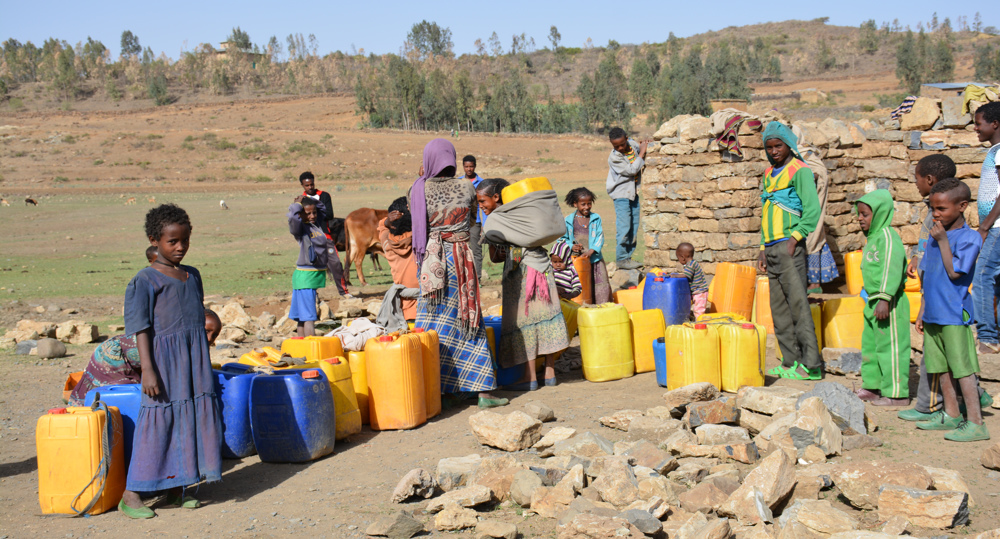


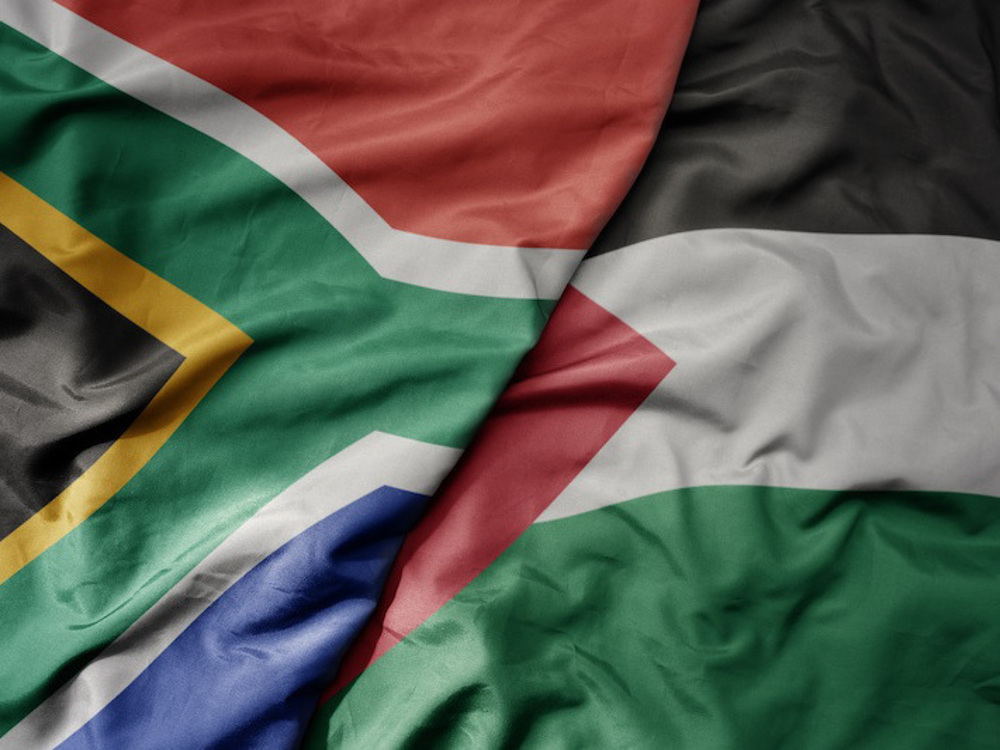



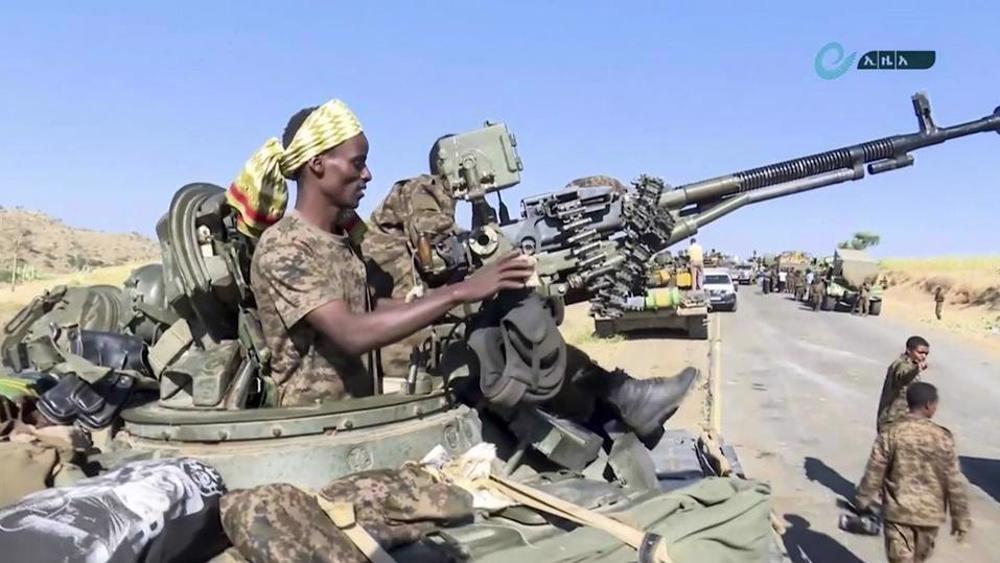
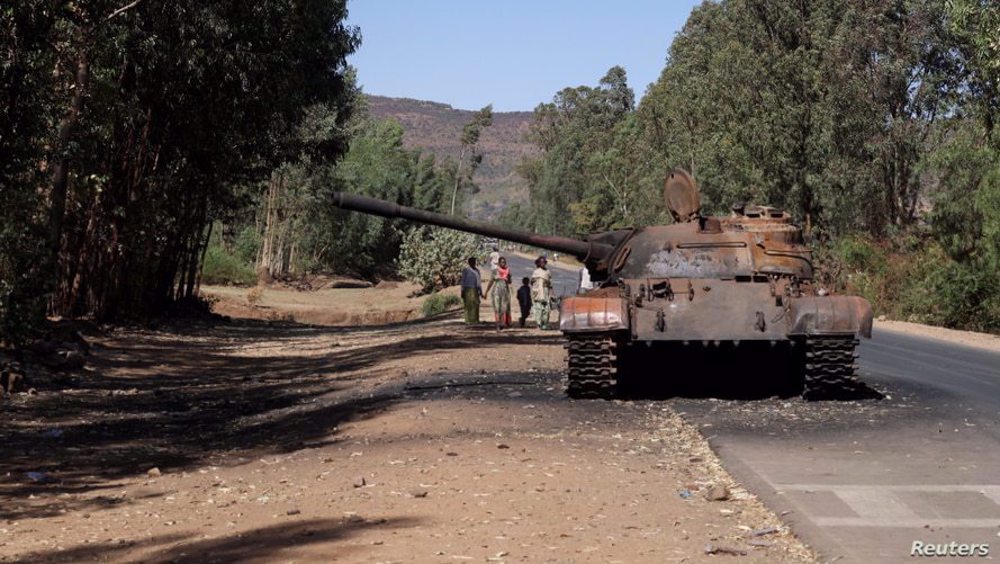
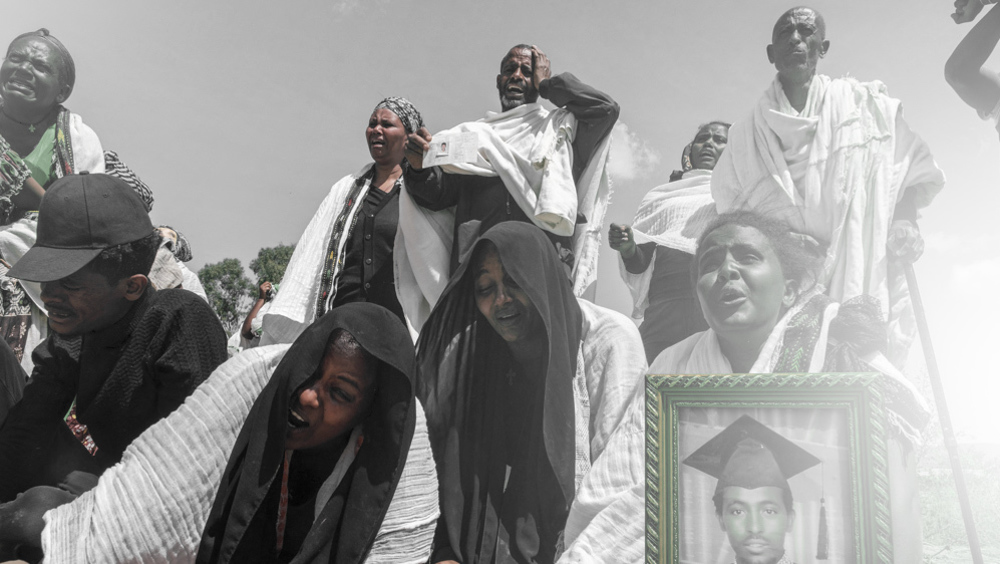

 This makes it easy to access the Press TV website
This makes it easy to access the Press TV website